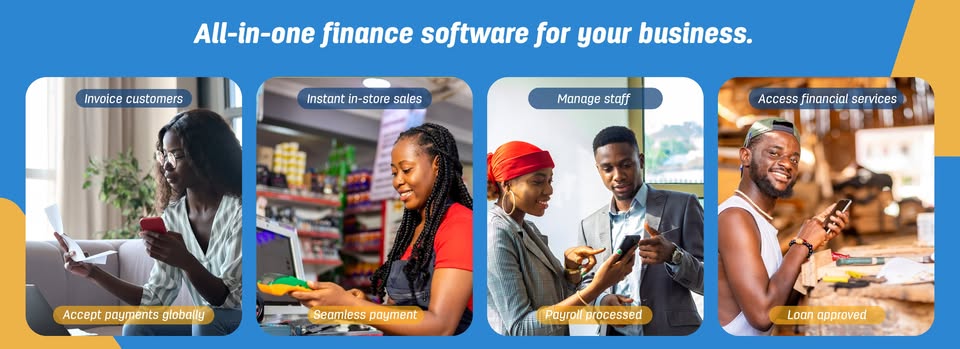
The 2026 Budget, themed “Resetting for Growth, Jobs, and Economic Transformation,” is presented as a structural pivot toward a digitally-enabled, SME-centric economy. The agenda focuses on three core pillars: fueling demand, enhancing capital access, and strategic digital investment.
I. Fueling Digital Demand and Operational Expansion
The flagship 24-Hour Economy Programme serves as the primary engine for demand generation and digital adoption.
- SME Impact: The program is projected to create up to 800,000 new jobs and significantly boost sales turnover by maximizing operational hours. This expansion mandates increased formalization and adoption of robust digital management systems by SMEs.
- Fintech Opportunity: The shift to round-the-clock commerce structurally favors digital transactions over cash, leading to a massive surge in digital payment volumes. This drives demand for:
- Point-of-Sale (POS) systems and mobile money integrations.
- Gig-economy platforms and digital logistics.
- Embedded finance (PAYE and micro-insurance) for the new workforce.
- Execution Risk: The success of this demand surge is critically dependent on simultaneous, large-scale investments in security and infrastructure (consistent energy, street lighting).
II. Enhancing Capital Access and Risk Mitigation
The Budget addresses the major constraint of high-cost, short-term credit by mobilizing institutional support and creating risk-sharing mechanisms.
- Development Bank Ghana (DBG): The DBG is positioned as the primary engine for channeling long-term, affordable credit, prioritizing women-owned and youth-led enterprises. Its Partial Credit Guarantee (PCG) subsidiary reduces risk for commercial banks, making it viable for them to lend to SMEs.
- Fintech Partnership Corridors: This framework encourages Fintechs to evolve from payment providers to capital enablers by:
- Participating in co-lending with state institutions.
- Utilizing proprietary data for Digital Credit Scoring to qualify collateral-light SME segments.
- Benefiting from the proposed FinTech Growth Fund, a direct commitment of equity and catalytic capital to nurture the sector.
III. Global Competitiveness and Digital Talent Pipeline
The agenda links domestic growth to global markets (AfCFTA) and ensures the necessary human capital is in place to sustain the digital ecosystem.
- Tax Relief and Trade: A modest reduction in the effective VAT rate (from 21.9% to 20%) provides immediate cost relief to SMEs and stimulates consumer disposable income. The Trade Sector Support Programme positions Fintechs as essential providers of cross-border financial services needed for AfCFTA trade, including multi-currency payments, invoice factoring, and compliance automation.
- Digital Talent: The One Million Coders Programme and Regional Digital Centres are foundational investments designed to rapidly expand the domestic talent pool. This lowers hiring costs for Fintechs and enhances national digital literacy, deepening financial inclusion beyond mobile money into advanced embedded finance solutions.
Conclusion
The 2026 Budget represents a calculated, strategic reset. Its success hinges on the dual execution of the 24-Hour Economy infrastructure to generate demand, and the ability of the DBG and FinTech Growth Fund to channel patient, affordable capital to the agile SME and Fintech sectors, powering the country’s next phase of digital, inclusive, and export-driven growth.












No Comments